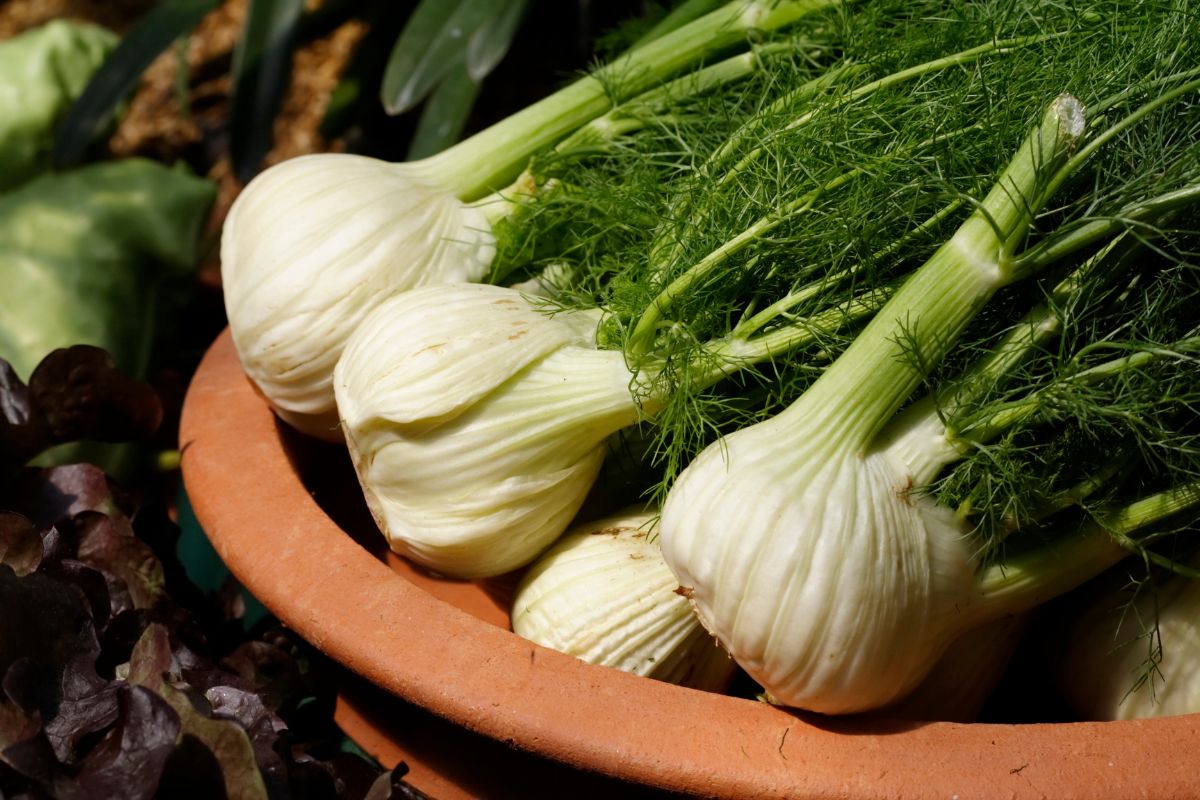Hinojo, commonly known as fennel (Foeniculum vulgare), is a perennial herb valued for generations due to its culinary, medicinal, and fragrant characteristics. This page delves into the history, usage, advantages, and potential negative effects of hinojo, explaining why this plant has endured the test of time.
Historical Background
This is said to have originated in the Mediterranean coast, notably in areas now part of Greece and Italy. Ancient civilizations like the Egyptians, Greeks, and Romans realized the importance of hinojo and implemented it into their everyday life. The plant was imported to Spain during the Middle Ages and has since become a common ingredient in Mediterranean cuisine.
Botanical Description
This is a hardy perennial herb that may grow to be 2.5 meters (8 feet) tall. It has hollow, upright stems and feathery, finely dissected leaves that resemble dill. The plant produces tiny, yellow flowers organized in complex umbels, and its seeds are the major ingredient in culinary and medicinal products.
Culinary Uses
This is well-known for its sweet, anise-like flavor, which makes it a favorite component in many cuisines. The seeds are commonly used to flavor bread, sausages, and soups, whilst the plant’s bulbous base, known as Florence fennel or finocchio, is eaten as a vegetable. The leaves can be used as a garnish or in salads to provide a fresh, fragrant flavor to dishes.
Medicinal Properties
This has a wide spectrum of therapeutic benefits because to its high content of volatile oils and phytochemicals. Hinojo has several major advantages, including:
- Digestive Aid: Hinojo is recognized for its carminative qualities, which assist to relieve gas and bloating. It’s commonly used to treat indigestion and other gastrointestinal problems.
- Antioxidant: The plant contains antioxidants, which help protect the body from oxidative stress and inflammation.
- Expectorant: Hinojo can remove mucus and alleviate coughs, making it an effective treatment for respiratory problems.
- antibacterial: These essential oils offer antibacterial characteristics that can help fight illnesses.
- Hepatoprotective: This promotes liver health and can assist in detoxification.
- Antiviral: The plant contains antiviral characteristics that can improve the immune system.
- Galactagogue: This stimulates lactation and is frequently used to boost milk supply in nursing women.
- Anti-inflammatory: Because of its anti-inflammatory qualities, hinojo can help reduce inflammation and discomfort.
- Antiallergic: This can assist to reduce allergic symptoms and enhance respiratory function.
- Anxiolytic: The plant contains relaxing properties that can help relieve anxiety and tension.
- Hypolipidemic: Hinojo can help decrease cholesterol and enhance cardiovascular health.
- Cognitive Enhancer: This herb is said to increase memory and cognitive function.
- Estrogenic: Hinojo has chemicals that imitate estrogen, making it effective for treating menopausal symptoms.
- Diuretic: Hinojo has diuretic qualities that assist the body remove extra fluids.
- Antihypertensive: Hinojo can reduce blood pressure and promote cardiovascular health.
- Antitumoral: Some research indicates that Hinojosa may have anticancer effects.
- Antispasmodic: This herb can aid with muscular spasms and cramps.
- Antienuretic: This can help minimize frequent urination.
- Bronchodilator: The herb can aid to open the airways and enhance breathing.
How To Use Hinojo
Hinojo may be consumed in a variety of ways, including seeds, leaves, and bulbs. The seeds may be consumed or made into tea, while the leaves can be added to salads or used as a garnish. The bulbous base can be roasted, grilled, or cooked in soups and stews. Hinojo essential oil can also be used topically or in aromatherapy to achieve therapeutic advantages.
Possible Side Effects and Precautions
While hinojo is typically safe to consume, it is crucial to be aware of any negative effects and take care. Some people may have adverse responses, especially if they are sensitive to other Apiaceae plants like celery or carrot. Hinojo may also make the skin more sensitive to sunlight, hence it is recommended to use sunscreen while applying it topically. Pregnant and nursing women should contact with their doctor before using hinojo, since it may have estrogenic effects and induce premature birth or other complications.
Conclusion
Hinojo is a multiple-use herb with a lot of history behind it, and its uses are numerous as well. Hinojo offers many benefits, ranging from strengthening your digestive system and improving your culinary creativity up to learning about herbal medicine. Using this age-old plant into your daily life is the way to tap its rich history and get its benefits.
Tags: Hinojo

